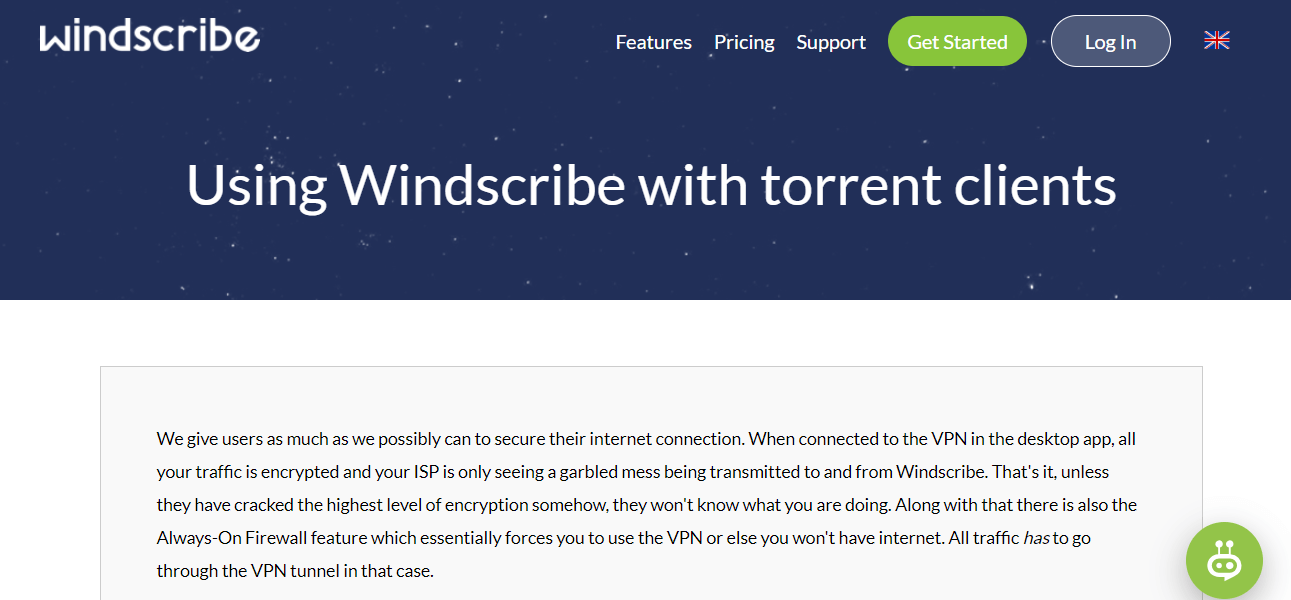

Swiss courts approved the order, and Proton began logging the IP information on the account. When the French police wanted to apprehend a climate activist, they asked the Swiss government to issue a warrant for Proton to give out the man’s ProtonMail details. This is because of something few privacy companies seem willing to admit, namely that countries talk to each other and are often more than happy to help each other out with simple requests. VPNs are no different. For example, if somebody committed a crime and masked their location using a VPN, the police can approach the VPN provider with a warrant demanding that person’s details and connection logs (the records of which sites were visited when). If they want to know who you’ve been calling-or even to whom a certain telephone number belongs-they need to produce some kind of warrant to your telecom provider.

For example, if they want to search your house, they need some kind of search warrant.

In most countries where the rule of law applies, the police or other law enforcement agencies need permission from a judge or some other kind of higher authority to know more about you. How do VPNs handle these requests, and how much do they end up sharing with the authorities? VPNs and Data Requests VPNs promise to protect your privacy, but law enforcement and courts the world over have the legal right to ask for your records-provided they can make a case against you.


 0 kommentar(er)
0 kommentar(er)
